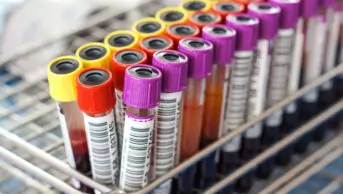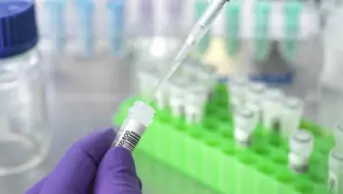
Royal Pharmaceutical Society
The Royal Pharmaceutical Society has called for a comprehensive workforce strategy around pharmacogenomics, alongside “fully resourced genomics education and training” for pharmacists at all career stages.
In a position statement — ‘The Role of Pharmacy in Pharmacogenomics‘, published on 17 May 2022 — the Society said it wants pharmacogenomics to be embedded within undergraduate education.
It also says that a strategy is needed to address the degree of pharmacogenomics education and training needed after graduation, something the RPS said will vary depending on each pharmacy professional’s own role in pharmacogenomics delivery.
The position statement also calls for genomic information to be part of electronic health records and accessible to all healthcare professionals involved in patient care, as well as the “development of tools and guidance integrated into IT systems to support clinical decision-making with access across different healthcare sectors by all members of the wider multidisciplinary team”.
Ravi Sharma, director for England at the RPS, commented: “The benefits of pharmacogenomics are huge to the individual, but also to the NHS in terms of greater efficiency, fewer wasted medicines, reduced hospital admissions due to adverse drug reactions and better use of clinicians’ time to improve patient responses to medicines.”
He added that NHS policy in Wales, Scotland and England is “seeing a shift from one-size-fits-all to a more tailored, data driven approach”, adding that healthcare was moving towards an “era of personalised medicines”.
As part of this, he said that pharmacy can play a major role in supporting people with rare diseases.
A policy briefing published by University College London (UCL) — ‘Medicines for the few and the many‘, published on 17 May 2022 alongside the RPS policy briefing — has also called for a national debate on how Great Britain can contribute more to improving rare disease treatments.
David Taylor, emeritus professor of pharmaceutical and public health policy at UCL and one of the authors of the briefing, said in a statement: “There is a special problem with developing new treatments for very and ultra-rare disorders, which alone affect some 500,000 people in this country.”
Taylor added that progress in development of rare disease treatments will “depend on funding early stage research in settings like universities and providing sufficient financial incentives for companies to develop and provide safe and effective licensed medicines”.
Read more: Are pharmacists ready for the genomic revolution?


